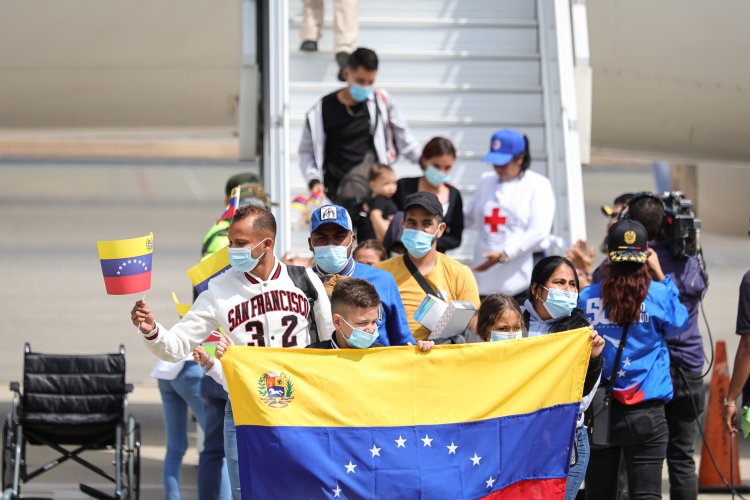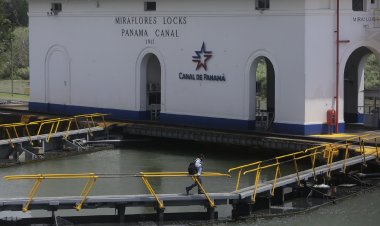Court halts Trump's attempt to limit deportation safeguards for 600,000 Venezuelans
The judge characterized the decision-making of the Trump administration as a "classic example of racism."

The administration plans to revoke the legal protections, known as “temporary protected status,” from 350,000 Venezuelan nationals starting April 7, a shift that could result in their deportation back to a nation facing a severe humanitarian crisis.
Additionally, the administration seeks to expedite the expiration of TPS protections for another 250,000 Venezuelans.
However, U.S. District Judge Edward Chen ruled on Monday that the extensions of these protections enacted during the Biden administration will remain in effect for the time being.
Judge Chen described Homeland Security Secretary Kristi Noem's decision to limit these protections as an unprecedented and legally dubious action that seemed to be driven by racial discrimination from both Noem and President Donald Trump. In his 78-page ruling, Chen stated, “The Secretary made sweeping negative generalizations about Venezuelan TPS beneficiaries.”
He continued, “Acting on the basis of a negative group stereotype and generalizing such stereotype to the entire group is the classic example of racism.”
Temporary protected status allows a range of immigrants to stay in the U.S. legally when their home countries face humanitarian crises, wars, or natural disasters. In some cases, these designations have been extended for decades; critics argue they've exceeded their original purpose of providing temporary relief.
The TPS designation can extend protections to individuals who entered the U.S. legally as well as those who entered without documentation.
The two groups of Venezuelan nationals affected by the judge's ruling on Monday currently have TPS protections extended until October 2026, under provisions established during the Biden administration by Noem’s predecessor, Alejandro Mayorkas.
In justifying the extensions, Mayorkas cited the “complex, serious and multidimensional humanitarian crisis” and the government's repression of political dissent in Venezuela.
However, shortly after President Trump assumed office, Noem attempted to invalidate Mayorkas’ decision, initiating a quicker process to deport Venezuelans under TPS.
For one group, this meant they would have lost their protections the following week. For the other group, their protections were poised to come to an end this September, although Noem had hinted at the possibility of further extensions for that cohort later on.
Judge Chen noted that available data indicated Venezuelans with temporary protected status are mostly law-abiding, tax-paying, educated, and employed, which undermined the Trump administration's justification for revoking these protections.
Specifically, Chen criticized the administration's assertion that threats from the Venezuelan gang Tren de Aragua warranted the removal of TPS protections for many Venezuelans. He stated, “The Secretary’s rationale is entirely lacking in evidentiary support.” He added, “There is no evidence that Venezuelan TPS holders are members of the TdA gang, have connections to the gang, and/or commit crimes. Venezuelan TPS holders have lower rates of criminality than the general population. Generalization of criminality to the Venezuelan TPS population as a whole is baseless and smacks of racism predicated on generalized false stereotypes.”
Chen also expressed skepticism regarding the administration's claim that the decision was based on national security, pointing out that this stance would require the Trump administration to engage directly with Venezuela’s dictator, Nicolas Maduro, which could risk normalizing his regime. “It is hard to discern precisely what the U.S. interest is in this instance,” Chen concluded.
Jessica Kline for TROIB News












